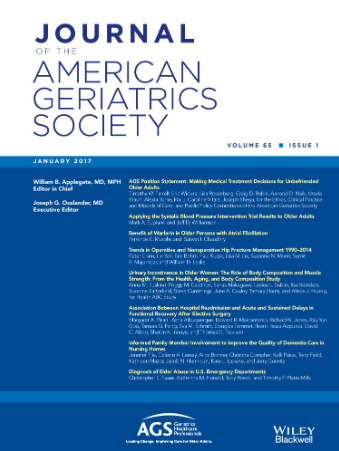Deprescribing Benzodiazepine Receptor Agonists in Older Adults and People With Cognitive Impairment: A Systematic Review
Abstract
Background
Benzodiazepine receptor agonists (BZRAs) (benzodiazepines and z-drugs) may provide limited benefits in the management of insomnia when used short-term. However, they increase the risk of harms including falls, fractures, hospitalizations, and cognitive impairment. Deprescribing (cessation) of BZRAs may be beneficial for older adults and people living with cognitive impairment as they are at heightened risk of adverse events. This review investigated the effects of patient-directed, non-pharmacological interventions to support deprescribing of BZRAs used for insomnia in older adults and people living with cognitive impairment.
Methods
Embase, CENTRAL, Scopus, and Medline were searched in January 2024 with no publication date restrictions. Screening, data extraction, and risk of bias assessments (ROB2 for randomized studies, ROBINS-I for non-randomized studies) were conducted independently by two authors. Outcomes of interest included the proportion of participants who ceased BZRAs, reduction in BZRAs, switching to another medication, sleep outcomes, and clinical outcomes. Studies were included if they investigated BZRA deprescribing in older adults (≥ 65 years) or people living with cognitive impairment.
Results
Seventeen reports analyzing 16 studies in hospital, community, and aged care settings were included. BZRA cessation rates ranged between 23% to 72% for written education (n = 6); 14% to 57% for combined written and verbal education (n = 5); and 9% to 100% for multi-component interventions (n = 6). One report investigated a BZRA deprescribing educational intervention in people with cognitive impairment and found comparable effectiveness to participants without cognitive impairment. Most studies were at a high risk of bias.
Conclusions
Patient-directed interventions led to BZRA cessation, although there was significant variability between studies. It is unknown if all interventions examined are similarly effective for people living with cognitive impairment. Further research investigating approaches to deprescribing BZRAs in older adults or people with cognitive impairment is required.


 求助内容:
求助内容: 应助结果提醒方式:
应助结果提醒方式:


